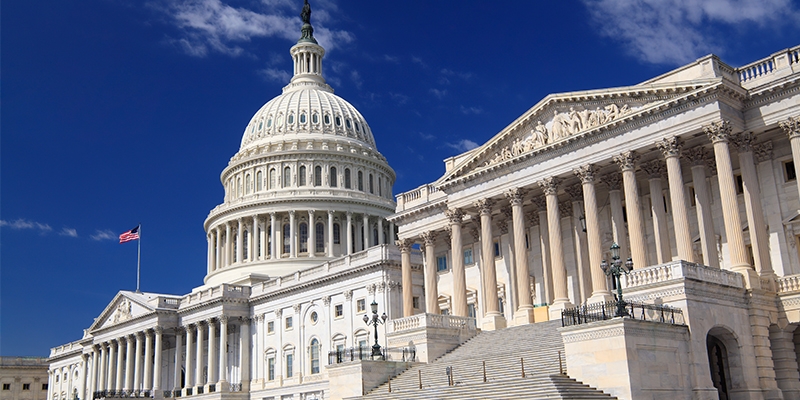A new self-certification program within New Jersey’s Department of Community Affairs will bring important reforms and consistencies to local permitting processes that will spur commercial and residential development throughout the state. While New Jersey Governor Phil Murphy and Lt. Governor Tahesha Way were in Chicago for the Democratic National Convention, Senate President and Acting Governor Nicholas Scutari signed Bill A4360, the New Jersey Professional Self-Certification Act (the Act). NAIOP New Jersey was actively engaged in moving this important bill through the legislative process. The chapter’s advocacy, along with the New Jersey Builders Association and other coalition members, made a difference that resulted in the overwhelming passage of the bill. Bill A4360 passed the Assembly with a vote of 74-2, followed by the Senate with a vote of 38 to 1.
Under the new self-certification program, architects and engineers will now be eligible for certification as a “qualified design professional” upon meeting certain criteria. The certification will allow the qualified design professional to oversee and be responsible for a construction project’s compliance with the state’s Uniform Construction Code and to self-certify that a permit application, along with supporting documents, comply with the state codes and any other applicable laws. The bill requires local permitting agencies to accept a self-certified permit application, conduct a supervisory check and issue the permit.
The Department of Community Affairs will also establish the eligibility requirements and any other qualifications for a design professional to participate in the self-certification program. The department will also develop a design professional of record self-certification form for the participating architects and engineers to complete, sign and deliver when submitting the approved application to a local permitting entity. The design professional will include a statement with the form attesting to the accuracy of the permit application and its compliance with state codes and laws.
The bill does allow the department to conduct random audits of participants in the self-certification program in order to ensure their compliance with state codes and local permitting processes. If the department determines that a non-compliance cause of action has occurred, the qualified design professions may be sanctioned, excluded, or suspended from participation in the program.
NAIOP New Jersey CEO Dan Kennedy attended the bill-signing by acting Governor Scutari in Trenton. Real Estate NJ reported on the event that included a statement by Kennedy: “Communities throughout New Jersey will benefit from this new law because it will remove hurdles to economic development and contribute to the efficient and timely approval of construction projects,” he said. “NAIOP NJ believes that alleviating costly delays is critical to the success of any commercial real estate development or redevelopment plan. We are especially grateful to the governor and his team for their support, assemblyman Robert J. Karabinchak for his vision and tenacity getting this bill to the governor’s desk, and Senate President Scutari and Senator Paul A. Sarlo’s leadership on this bill in the Senate.”
The permit reforms under the state’s new self-certification program highlight the benefits of effective advocacy by NAIOP New Jersey chapter. The applicable codes, regulatory requirements and permit fee levels remain a concern for commercial real estate but were not part of the reforms sought by the chapter. Through the education and advocacy of NAIOP chapters, state legislators are gaining a better understanding that the focus of these reforms is based on bringing more transparency and consistency to local permitting processes that will spur commercial and residential development.








